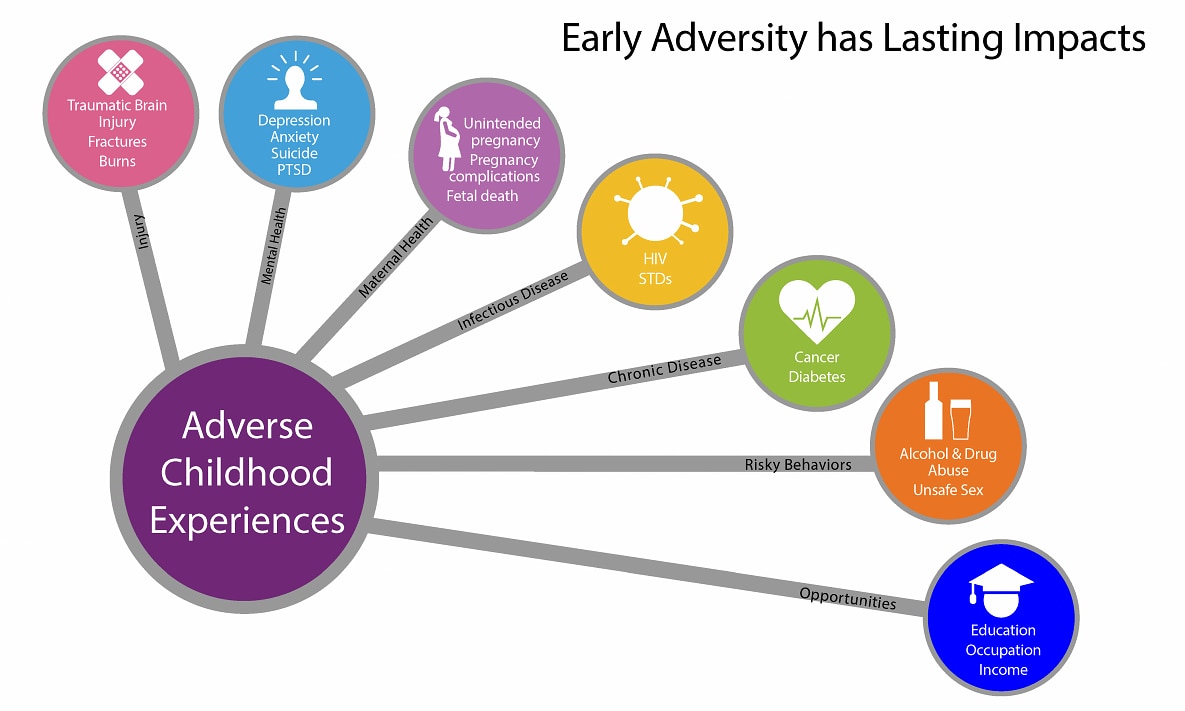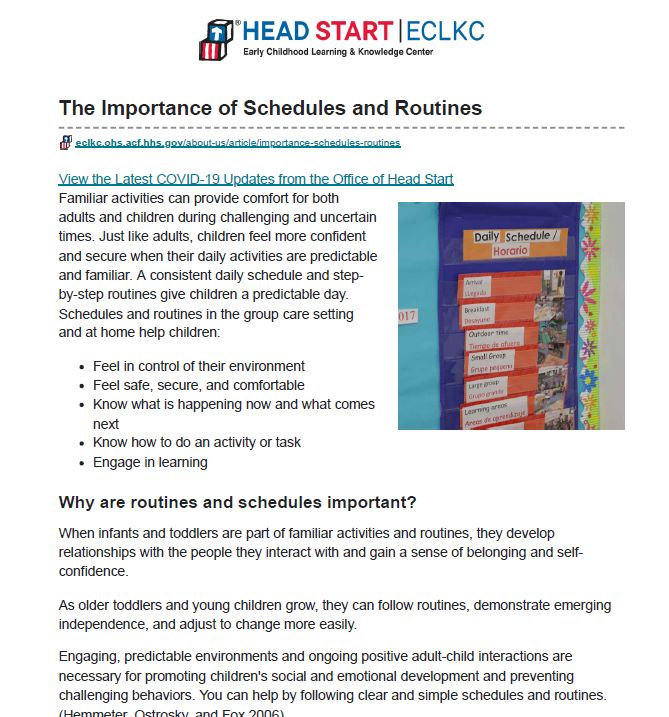How Can Infectious Diseases Impact Early Childhood Education: Ensuring Safe Learning Environments

Infectious diseases can impact early childhood education by causing frequent absences and disrupting learning environments. These diseases can spread quickly among young children, leading to increased absenteeism and challenges in maintaining a healthy and safe learning environment.
Additionally, infectious diseases can strain resources and staff, leading to decreased productivity and increased stress. Furthermore, the impact of these diseases on early childhood education can have long-term effects on children’s academic and social development. It is crucial for educators and parents to be vigilant in preventing the spread of infectious diseases in early childhood education settings to ensure the well-being and success of young learners.
By understanding the potential impact of these diseases, proactive measures can be taken to protect the health and educational outcomes of children in early childhood education.
The Impact Of Infectious Diseases
Health Risks For Children
Infectious diseases in early childhood education settings can pose significant health risks for children. Young children have vulnerable immune systems and are more susceptible to contracting illnesses. This can lead to serious health complications and can even be life-threatening in some cases. The spread of infectious diseases in a childcare setting can have a devastating impact on the well-being of the children, as well as the welfare of the staff and other individuals connected to the facility.
Disruption To Learning
When infectious diseases are present in an early childhood education environment, they can cause disruption to learning. Illnesses can result in absenteeism among both students and teachers, leading to inconsistent education and missed opportunities for learning. Additionally, the need for quarantine measures and enhanced cleaning protocols can further disrupt the normal flow of education, creating challenges for both the children and the educators.
Factors Contributing To Disease Transmission
Disease transmission can occur in early childhood education settings due to factors such as poor hygiene practices, overcrowding, and close contact between individuals. This can lead to the spread of infectious diseases, which can have a significant impact on the health and wellbeing of young children and their caregivers.
Factors Contributing to Disease Transmission Lack of Vaccination Lack of vaccination among young children can significantly contribute to the transmission of infectious diseases within early childhood education settings. Unvaccinated children are at a higher risk of contracting and spreading diseases, posing a threat to the health and well-being of their peers and educators. It is crucial for parents to adhere to recommended vaccination schedules to safeguard their children and the wider community. Poor Hygiene Practices Inadequate hygiene practices in early childhood education environments can serve as a breeding ground for infectious diseases. Failing to uphold proper handwashing routines, sanitization of toys and surfaces, and overall cleanliness can facilitate the spread of harmful pathogens. Educators play a pivotal role in instilling good hygiene habits among young learners, promoting a healthier and safer learning environment. In summary, the lack of vaccination and poor hygiene practices can significantly contribute to the transmission of infectious diseases within early childhood education settings. It is imperative for parents to ensure their children are vaccinated and for educators to enforce stringent hygiene protocols to mitigate the risk of disease transmission.Ensuring Safe Learning Environments
Implementing Health And Safety Policies
Creating a healthy and safe environment in early childhood education is crucial for the well-being of children. Implementing stringent health and safety policies can significantly reduce the risk of infectious diseases spreading within educational settings. These policies should include regular cleaning and disinfection of the facilities, proper ventilation, and guidelines for handling sick children.
Promoting Hygiene Practices
Promoting good hygiene practices among children and staff is essential in preventing the spread of infectious diseases. This includes teaching children the importance of handwashing, covering their mouths when sneezing or coughing, and avoiding close contact with sick individuals. Providing easy access to handwashing stations and ensuring the availability of hand sanitizers can further promote good hygiene habits.

Credit: mi-psych.com.au
Role Of Educators And Staff
Monitoring And Reporting Symptoms
Educators and staff play a crucial role in monitoring and reporting symptoms of infectious diseases in early childhood education settings. They must be vigilant in observing any signs of illness in children and promptly report any symptoms to the appropriate authorities. This proactive approach helps in preventing the spread of diseases within the educational environment.
Collaborating With Health Professionals
Another essential responsibility of educators and staff is to collaborate with health professionals to ensure a coordinated response to infectious diseases. By working closely with healthcare providers, they can gain valuable insights into disease prevention strategies and effectively communicate necessary precautions to students and parents.
Parental Involvement And Education
Infectious diseases can disrupt early childhood education by hindering parental involvement in school activities and decision-making processes. This can lead to gaps in learning and missed opportunities for academic and social development. Maintaining a healthy environment is crucial to ensure continuous parental engagement and support in children’s education.
Communication On Illness Policies
Clear communication on illness policies is crucial to prevent the spread of infectious diseases in early childhood education settings.
Encouraging Vaccination
Encouraging vaccination among parents and children helps in building immunity against common infectious diseases.
Parental involvement and education play a vital role in preventing the spread of infectious diseases in early childhood education settings. Clear communication on illness policies is crucial to ensure that parents understand the protocols in place to safeguard the health of all children. By encouraging vaccination, parents can help build a strong defense against common infectious diseases.

Credit: www.researchgate.net
Emergency Preparedness
Infectious diseases can significantly impact early childhood education, making emergency preparedness crucial. Implementing preventive measures and educating staff and parents on disease control can help minimize disruptions in learning. Proactive planning, including vaccination protocols and sanitation practices, is essential to safeguarding the well-being of young learners.
Response To Outbreaks
During infectious disease outbreaks, immediate response is crucial to protect early childhood education settings.
Setting up clear protocols and guidelines helps in efficient management of the situation.
Regular communication with health authorities ensures timely updates and necessary actions.
Training Staff For Crisis Situations
Equipping staff with proper training on infection control measures and emergency response is essential.
Regular drills and simulations help in preparing staff for quick and effective action during emergencies.
Ensuring staff are aware of protocols to follow in case of an outbreak is imperative.

Credit: www.cdc.gov
Frequently Asked Questions
How Can Infectious Diseases Spread In Early Care And Learning Settings?
Infectious diseases can spread in early care and learning settings through close contact and shared items. Children often touch surfaces and each other, facilitating the transmission of germs. Proper hygiene, disinfection, and vaccination can help prevent the spread of infectious diseases in these environments.
Why Is Infection Control So Important In Early Childhood?
Infection control is crucial in early childhood to prevent the spread of illnesses and protect children’s health. Regular hygiene practices reduce the risk of infections and create a safe environment for young children to thrive.
What Is The Impact Factor Of Pediatric Infectious Disease?
The impact factor of Pediatric Infectious Disease is a measure of its influence within the scientific community. It reflects the average number of citations received by articles published in the journal during the preceding two years. As of 2021, the impact factor of Pediatric Infectious Disease is 2.
529.
What Is One Common Illness Or Disease That Affects Children In Childcare Settings?
One common illness in childcare settings is the Hand, Foot, and Mouth Disease (HFMD). It is a viral infection causing fever, sore throat, and rash on hands, feet, and mouth.
Conclusion
Infectious diseases can significantly impact early childhood education. Prioritizing health measures is essential to ensure a safe learning environment. By promoting hygiene practices and vaccination programs, we can safeguard the well-being of young learners and support their educational journey. Stay informed and proactive in disease prevention efforts.
Lorem Ipsum is simply dummy text of the printing and typesetting industry. Lorem Ipsum has been the industry’s standard dummy text ever since the 1500s, when an unknown printer took a galley of type and scrambled it to make a type specimen book.






